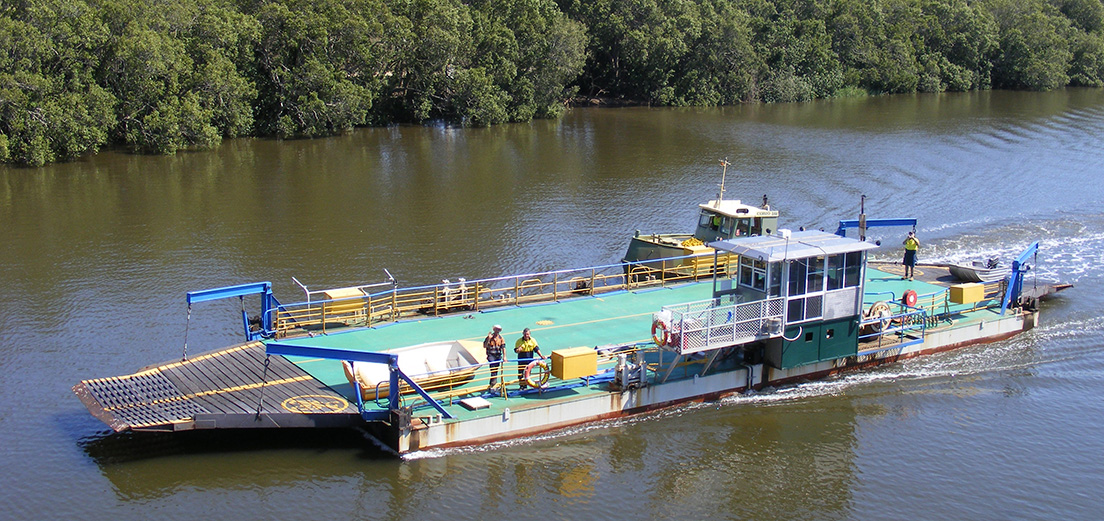ASSISTANT MINISTER EMMA MCBRIDE: I’d also like to acknowledge the traditional custodians of the land on which we meet, and to pay my respects to elders, past and present. And I extend that respect to First Nations people here today, and recognise how much we have to learn from them about social and emotional wellbeing. I also acknowledge those with a lived or living experience of mental ill-health and recognise your significant contribution to improving care for people living with mental ill health right around Australia. Thank you to Jason, Winona and Kim for your generosity and your bravery. The work you are doing is making a real impact. And thank you so much to Victoria for sharing your story.
So much has already been said today and I just want to share with you how much headspace means to so many people. In my role, I have genuinely had the privilege of visiting headspace centres right across the country. I’ve met with Youth Reference Group members, centre managers, healthcare professionals. I’ve heard from academics, mental health leaders, community leaders, and every single person is always ready to proudly share their connection with headspace. Minister Mark Butler mentioned pioneer professor, Pat McGorry, who is here today, and I want to recognise his work all those years ago, to now a network of nearly 173 headspace centres across the country.
[Applause]
Your personal role as headspace was being established is profound and enduring, and I want to recognise everybody for their individual contribution to headspace national, to a headspace centre, to this network that we now have across the country. And it just shows how many people value headspace and how much it means to them so personally.
In my role, I have seen the incredible difference that headspace is making, and that’s why we have been supporting headspace by expanding the number of centres to, as I said, almost 173 across the country, so that every young person, wherever they live, can access mental health and wellbeing, support and care in their community closer to home.
Like Lily, who is from the Central Coast and first visited headspace after feeling anxious and depressed, and Lily told me she was afraid to ask for help and initially felt like she was a failure. Then Lily visited headspace and said that by taking the first scary step, it completely changed her life. And five years later, and now, not only can she say that she’s much healthier, but she’s also a proud member of headspace and the Youth Reference Group. And I know that mirrors and reflects so many young people’s personal stories. Lily’s experience shows just how important headspace is for so many young people around the country, and the new headspace centres that were opening will mean that more young people like Lily can get the help and support that they need. But what is also important and would not be possible without the people working at headspace centres, in the cities, in the towns, in countries, in the most remote parts of Australia, and I’ve seen the difference the headspace early career program is making for young people and our future health professionals. The program has been supporting allied health students and graduates to undertake placements in headspace centres, and seeing young people early in their career as graduates or as students on placement, it’s making a remarkable difference. They’re getting the right kind of supervision and support whilst contributing to the mental health in their own community. It’s helping them to begin their careers whilst making a contribution at the same time.
And when I was in headspace in Wagga, I met Chelsea, who’s finishing her social work degree, and Chelsea told me about how much it meant to be able to support the young people in a regional community. And I know that people like Chelsea, who are part of the headspace early career program, will soon be the health professionals, centre managers, mental health leaders of our communities. And so I just want to recognise that early career program and all those who are participating in it now and have benefited from it.
And I just wanted to close by recognising the contribution of Youth Reference Group members like Winona and Kim and Victoria who have given and continue to give so much to headspace. The difference that headspace makes in the lives of young people would not be possible without you, with your generosity, with your just openness, and with your willingness to be able to share your own lived and living experience, to improve the services, the experiences and the journeys of others. And I hope that today you can take a moment to reflect on your contribution.
And thank you, Victoria, for coming all the way from Tweed today, and other more local Youth Reference Group members from Canberra, please reflect on your own contribution. I know as advocates and as students and as leaders, you often don’t have that moment. But today on Headspace Day, we want to recognise you, the contribution that you’re making. You are having an impact and making a real difference. Thank you, and congratulations.







